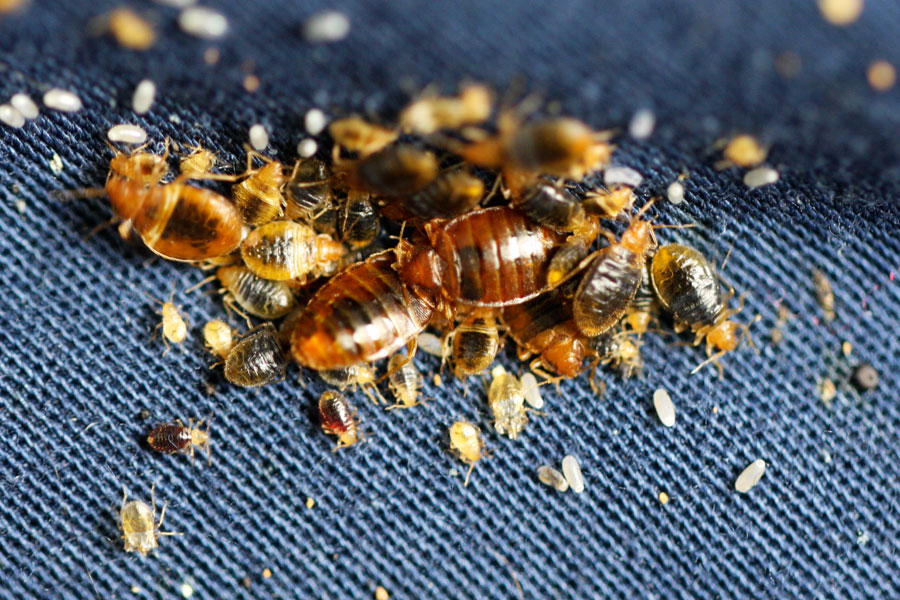Unfortunately, bed bugs are pests that are typically unpleasant to discover in your house. They are also extremely common in the United States. Aside from being strong and hardy, bed bugs can endure a wide range of environments, even extremely cold ones. We respond to a frequently asked question in this article: do bed bugs hibernate?
Bed Bug Season
Although bed bugs are technically year-round pests and don’t have a season, specific areas and particular months of the year see more activity than others. Apart from needing a consistent food source, bed bugs are not fussy about their living surroundings. They thrive on blood meals. Because of this, they behave differently from other pests in terms of seasonal patterns, albeit there are several things that can influence their activity levels.
Diapause (Bed Bug Hibernation)
Although they don’t strictly hibernate, bed bugs can go into a condition of dormancy known as diapause. If exposed to incorrect temperature ranges for an extended period of time, some insects go into diapause.
Bed bugs’ heart rates may slow as a survival mechanism when the temperature falls below about 60 degrees Fahrenheit. Bed bugs can go months without eating when their metabolic activity is at its lowest. Due to their short dormancy during diapause, bed bug activity may be reduced in the winter. However, since most homes are climate-controlled, bed bugs that are at home there might never go into diapause.
More Travel: More Bedbugs
Because bed bugs are hitchhikers, we typically experience an increase in infestations during the summer and around the holidays. People may unwittingly transport bed bugs from one place to another when they visit their favorite locations and loved ones. In actuality, researchers didn’t think bed bugs were going extinct for many years. In the 1980s, when foreign travel increased in popularity, bed bugs returned. Similar to this, the COVID-19 pandemic lowered bed bug activity in 2020; but, as people get used to traveling again, bed bug outbreaks may rise.
How to Avoid Them
Due to the fact that bed bugs can be active throughout the year, it’s critical to be vigilant in preventing an infestation. Bed bugs can be found anywhere, including the most opulent hotels and the least expensive motels. Check the bed frame, boxspring, and mattress for bed bugs when traveling, regardless of where you are staying. Try to move swiftly while you inspect your bed because bed bugs prefer to conceal themselves in little crevices and only come out at night. Live insects, blood stains, or minute fragments of bed bug excrement are all clear indications that you may be sleeping in a place where bed bugs are present.
Make sure you wash all your garments in hot water when you arrive home from a trip, even if you don’t see any indications of bed bugs. Additionally, be sure to completely vacuum your luggage. These two quick activities will significantly lower the possibility of introducing a new infestation into your home.
Treatment
It may be tempting to use DIY remedies like over-the-counter bed bug spray. They are easily accessible at any home improvement store, and the majority of pharmacies and supermarket stores also carry them. These items’ pesticides are less efficient than those that a reputable pest control business would employ. Although rarely successful, these treatments may lessen the activity of live bed bugs. You might believe the bedbugs are gone only to find out days or weeks later that they are back.
Call The Professionals
Concentrated heat treatments and fumigation are the two most effective strategies to get rid of bed bugs. These techniques are only accessible from qualified exterminators. The experts at Laser One Pest Management can offer you a free bed bug assessment to determine what kind of treatment approach will be most effective in your particular circumstance.

